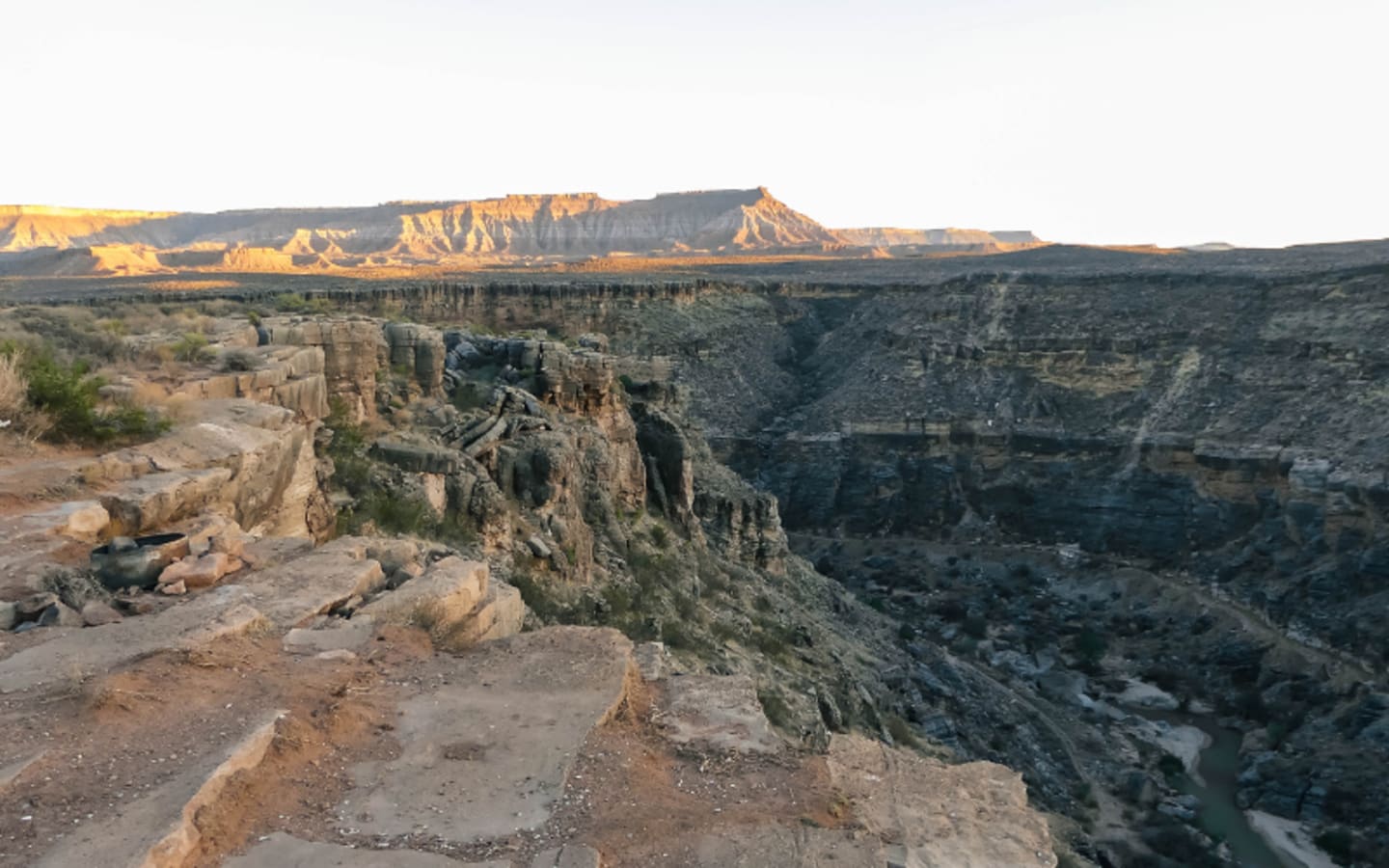In the heart of the American West, a firestorm is brewing over a U.S. Senate budget bill that could forever change the landscape for hunters, outdoor enthusiasts, and conservationists. The proposal, tucked into a budget reconciliation bill, aims to sell off millions of acres of federal public lands managed by the Forest Service and Bureau of Land Management (BLM) across 11 Western states. This move has ignited fierce opposition from hunters, conservation groups, and outdoor advocates who see it as a direct threat to their way of life and the traditions they hold dear.
The bill, under review by the Senate Energy and Natural Resources Committee chaired by Utah Republican Sen. Mike Lee, calls for the sale of at least 2 million acres of federal land every 60 days until millions more are gone. While national parks, national monuments, and other specially designated areas are exempt, vast swaths of land used for hunting, fishing, and recreation could be put on the auction block. Wyoming, a state where public lands are a cornerstone of outdoor culture, is among those facing the potential loss of access to cherished hunting grounds.
Prominent outdoorsmen like Nate Martin of Laramie, Wyoming, and Randy Newberg of Bozeman, Montana, have been vocal in their opposition. Martin, the executive director of Better Wyoming, a legislative watchdog group, emphasized that the proposed sale process bypasses public input and fails to consider the needs of hunters and anglers. “This is creating an entirely new program that doesn’t involve the people who use these lands,” Martin said in an interview with Cowboy State Daily. He pointed out that even small parcels, if sold, could block access to larger areas of public land, effectively locking hunters out of places they’ve used for generations.
Newberg, a well-known figure in the hunting community with a large following through his videos and media platforms, echoed Martin’s concerns. Though a Montana resident—where federal lands are exempt from the bill—Newberg opposes the measure on principle. He frequently hunts in Wyoming, filming in areas like the Wyoming Range and near Casper, places that could be sold off and closed to public access. “My audience expects me to keep an eye on legislation like this,” Newberg said during a phone interview from Washington, D.C., where he was monitoring the bill’s progress. For him, the potential loss of public lands strikes at the heart of what it means to hunt in the West.
The hunting community has rallied against the proposal with near-unanimous condemnation. Major organizations, including the Rocky Mountain Elk Foundation, the Muley Fanatic Foundation, and the Boone and Crockett Club, have issued strong statements opposing the land sales. The Muley Fanatic Foundation, a Wyoming-based group dedicated to mule deer conservation, was particularly blunt. “Public lands need to stay in public hands,” said Joey Faigl, the group’s president and CEO, in an email. “Selling off our lands without consulting the communities who use them risks losing the places we hunt, recreate, and pass down to our kids.”
The Boone and Crockett Club, the nation’s oldest fair-chase hunting and conservation organization, acknowledged the frustration with the slow pace of current land sale and exchange processes but argued that the bill takes the wrong approach. “Congress should focus on improving existing laws to streamline routine transactions, not pushing through massive land sales,” the group stated. Their stance reflects a broader sentiment that the bill prioritizes speed over careful consideration of what these lands mean to the public.
Supporters of the bill, including some lawmakers, argue that selling federal lands could address the growing need for affordable housing in Western communities. They claim the sales would focus on small parcels near towns, ideal for development. Wyoming Republican Sen. Cynthia Lummis, in a statement to Cowboy State Daily, highlighted the challenges of federal ownership of nearly half of all Western land. “We must have honest conversations about smart, strategic land management that serves our communities while protecting our natural treasures,” Lummis said, noting that she is still reviewing the proposal.
Similarly, Wyoming Republican Sen. John Barrasso, through his spokeswoman Laura Mengelkamp, expressed openness to the idea, provided it benefits states and local communities. “The proposal impacts less than one percent of our federal lands and gives states and local governments a voice,” Mengelkamp said. She emphasized that the bill prohibits sales of national parks, monuments, wilderness areas, or lands with existing rights, such as mining claims or grazing permits. Wyoming Republican Congresswoman Harriet Hageman, however, took a more cautious stance, saying she would evaluate the measure based on facts if it reaches the House floor.
Despite these assurances, skeptics like Martin and Newberg remain unconvinced. Martin questioned the claim that the sales would target only low-value parcels, suggesting that the real money lies in “nice pieces of mountain property” ideal for expensive homes, not affordable housing. He also noted that existing processes already allow the BLM and other agencies to sell lands suitable for development near communities. “There’s no need for this new program,” he said, warning that even a small 50-acre sale could cut off access to vast public lands, effectively privatizing areas used for hunting and recreation.
Newberg went further, suggesting the bill reflects a deeper agenda. He pointed to Sen. Mike Lee’s “dislike of public lands” as a driving force behind the proposal, accusing it of being a fast-track scheme to offload federal property. For Newberg, the stakes are personal. His hunting videos, which resonate with thousands of viewers, showcase the beauty and accessibility of public lands. Losing those lands would not only affect his livelihood but also the experiences of countless hunters who rely on public access to pursue game like elk, mule deer, and pronghorn.
The backlash extends beyond hunters to the broader outdoor community, who see public lands as a shared heritage. These lands, managed by the Forest Service and BLM, offer more than just hunting opportunities—they’re places for hiking, camping, fishing, and connecting with nature. The fear is that selling them off could prioritize corporate interests, particularly developers and fossil fuel companies, over the public good. Posts on X have amplified this sentiment, with users decrying the bill as a “massive giveaway” to private interests, though such claims remain unverified without further evidence.
For many in the West, public lands are more than just open spaces—they’re a way of life. Hunters in Wyoming, where the culture of the outdoors runs deep, worry that the bill could erode traditions passed down through generations. The idea of losing access to a favorite elk hunting spot or a remote fishing creek strikes a chord with those who value self-reliance and the freedom to roam. As the debate continues, voices like Martin’s and Newberg’s are urging people to contact their congressional delegates to make their opposition heard.
The bill’s fate remains uncertain, but its implications are clear. If passed, it could reshape the Western landscape, potentially closing off lands that have long been a refuge for those who hunt, fish, and explore. For now, the hunting community is standing united, determined to protect the public lands that define their way of life.





